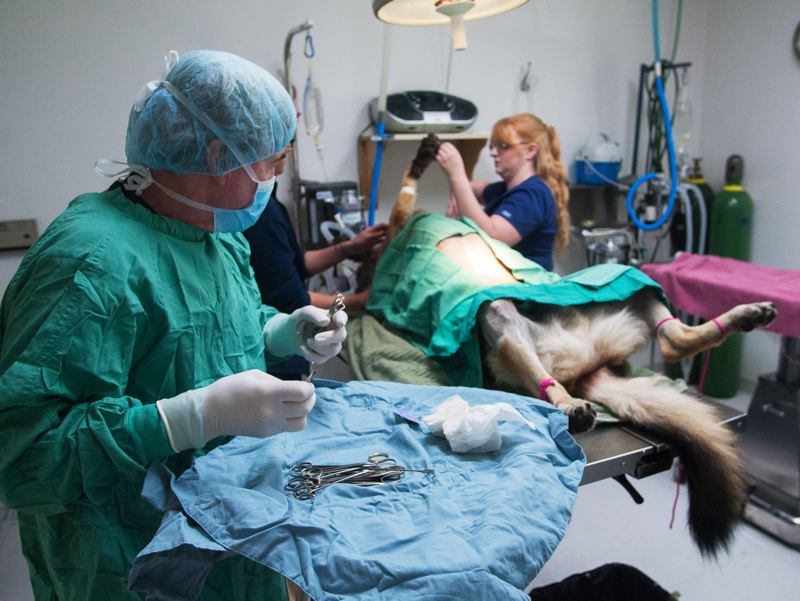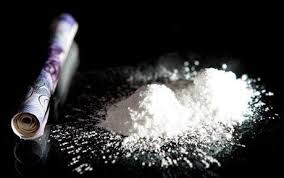Panic attacks in cancer patients

Panic attacks in cancer patients needs timely action
Panic attacks in cancer patients: The significance of these attack
Careful consideration should be taken in managing panic attacks in cancer patients since it can be an alarming symptom of anxiety. According to the experts at AWAREmed Health and Wellness Resource Center under the able leadership of doctor Dalal Akoury MD, panic attacks can happen suddenly and often reach their worst in just about 10 minutes. The victim may seem fine between the attacks but are usually afraid that they will happen again. The following are some of the symptoms of panic attack.
Managing panic attacks in cancer patients: Symptoms of panic attack
- Shortness of breath or a feeling of being smothered
- Running heart
- Feelings of dizziness, unstable, lightheaded, or faint
- Chest pain or discomfort
- Feeling as if they’re choking
- Quivering or trembling
- Sweating
- Fear of losing control or “going crazy”
- An urge to escape
- Impassiveness or tingling sensations
- Feeling “unreal” or “detached” from themselves
- Chills (shaking or shivering) or hot flashes (may involve sweating or facial reddening)
If a person is having any of the first 5 symptoms or any five for that matter, it can mean an urgent or life-threatening condition. In this case, the presence of a doctor would be required right away to attend to the patient if someone unexpectedly has any of these. It is also very important to note that these symptoms can be signs of other, more serious problems such as shock, heart attack, blood chemistry imbalance, collapsed lung, allergic reaction, and many other chronic conditions. Therefore it’s not safe to make an assumption that they are panic-related until are diagnosed and confirmed by a doctor.
What to do
- Check with the doctor to be sure that the symptoms are caused by panic and not another medical problem.
- Stay calm and speak softly during a panic attack.
- Sit with the person during panic attacks until he or she is feeling better.
- Call for help if needed.Anxiety
- After the panic attack is over, encourage the person to get treatment for the panic attacks.
- Provide transportation to treatment if needed. The person may be afraid that a panic attack will happen while driving.
- The ideas listed under “What to do” in the section “Anxiety and Fear” may also be helpful.
Do not
- Minimize or make light of the person’s terror or fear.
- Judge the person for feeling scared and acting strangely.
- Try to talk the person out of their fear or other feelings.
- Hesitate to call the doctor if you have questions about what’s happening.
Finally, for us to win the good health back, we must ensure that we change our attitude towards anxiety and fear more so when it comes to handling cancer patients. Everything we do will matter a lot in the healing process of the cancer patients. Therefore seeking for treatment in good time and from experience and qualified doctors will be the best you can do for yourself. Doctor Dalal Akoury is one of such professionals you can contact for any health conditions you have that is cancerous. Make the best decision today and schedule for an appointment with doctor Akoury for a life-changing treatment that will give you your life back enjoying it to the fullest.
Panic attacks in cancer patients: The significance of these attack
http://www.I-AM-I.com/wp-admin




